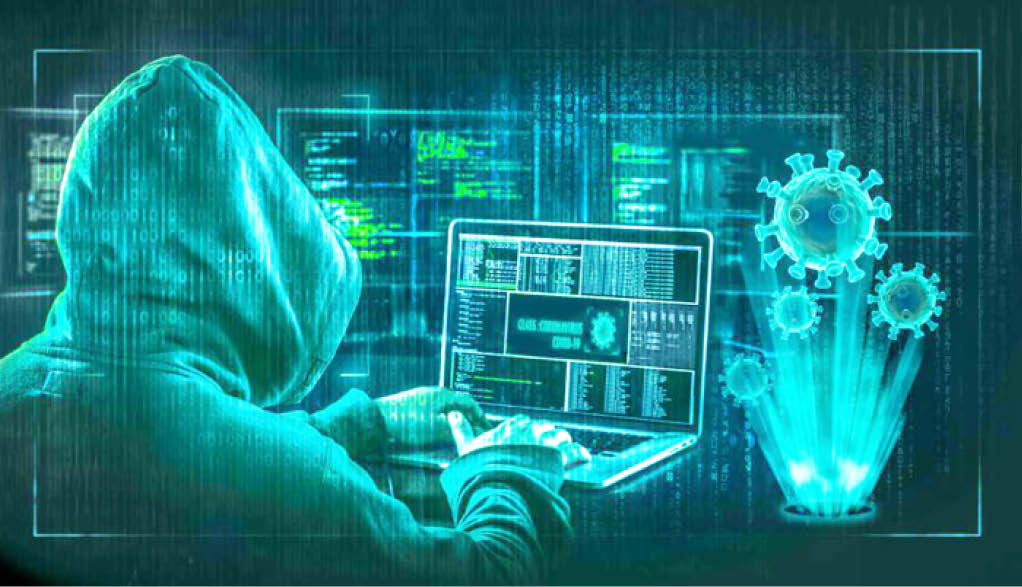‘Why Nigerian Institutions Must Build Cyber Resiliency’
Ade Odutola, an IT expert, says cybersecurity safeguards are a necessity for both public and private institutions in Nigeria to protect the confidentiality, integrity, and availability of business resources. Odutola, who is the Managing Director and Chief Executive Officer of Solvitur Systems, an award-winning IT consulting firm specializing in cybersecurity, IT risk management, privacy and […]

Ade Odutola, an IT expert, says cybersecurity safeguards are a necessity for both public and private institutions in Nigeria to protect the confidentiality, integrity, and availability of business resources.
Odutola, who is the Managing Director and Chief Executive Officer of Solvitur Systems, an award-winning IT consulting firm specializing in cybersecurity, IT risk management, privacy and data protection, explained that the cybersecurity set of processes and technology solutions that safeguard critical IT assets from malicious attacks.
“A mature cybersecurity posture reduces the company’s risk of data theft, operational disruption, or reputational damage. In an age of increasing cyberwarfare, cyberterrorism, and hacktivism, cybersecurity safeguards are becoming an increasing necessity for both public and private institutions in Nigeria,” Odutola said whose firm is currently working with one of the country’s largest institutions in the public sector.
He warned that companies should not wait until they experience a data breach to take action to bolster their security.
While noting that no system is completely secure against cyberattacks, Odutola whose IT firm is based in the US, advised that public and private institutions in Nigeria should cultivate cyber resiliency.
This, according to him, “is the ability to withstand a cyber-attack without any significant impact on business operations”.
“Companies should not wait until they experience a data breach to take action to bolster their security. Good cyber hygiene measures should be “baked” into all processes and solutions right from the beginning, it should not be an add-on.”
Speaking on the dangers of a hack, the IT guru whose firm has been shortlisted by the U.S Morgan Stanley Global for its educational programme said there are a number of risks involved when there is a hack and “many of them with dire consequences”.
“One, a hack leads to inappropriate disclosure of Personally identifiable information (PII)/ Protected Health Information (PHI)/ Protected Financial Information of your employees and customers. Others are, that it leads to ‘Damaged company reputation,’ inappropriate access to sensitive systems and impersonation operators. Hackers steal money, credit card numbers or banking credentials from employees and customers, and then, malicious use of company information.”
